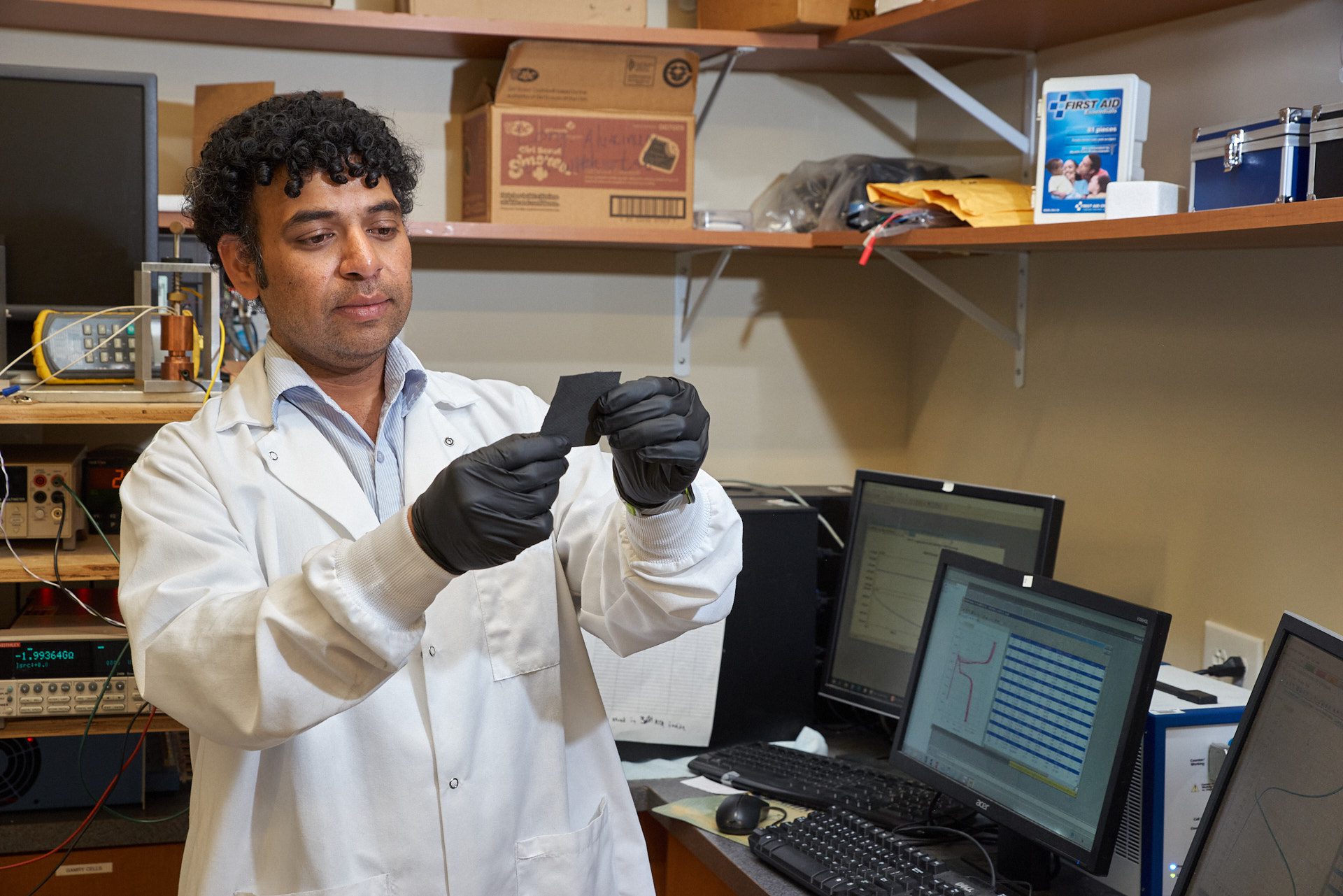CLEMSON, SC – Ramakrishna Podila, a distinguished materials physicist at Clemson University, has been named a Fellow of the Institute of Physics, a prestigious recognition awarded by the professional society based in the United Kingdom and Ireland.
Immediate Impact
The Institute of Physics, with a global membership of approximately 21,000, recognized Podila for his significant contributions to modern condensed matter and applied physics. This accolade is a testament to his influential role in the field.
“It’s an honor to be selected as a Fellow of the Institute of Physics,” Podila expressed. “Having a panel of peer reviewers whom you do not know and with whom you have not collaborated telling you that you are deserving is humbling.”
Key Details Emerge
Interdisciplinary Research
Podila’s research is notably interdisciplinary, integrating physics, chemistry, biology, and materials science. His work spans three primary areas: energy conversion and storage, nano-bio interfaces, and photonics and bioimaging.
His groundbreaking contributions in nanoscience and nanobiophysics have led to the discovery of new fundamental phenomena in low-dimensional materials, impacting fields such as energy, health, and photonics.
Podila has pioneered advancements in energy storage, particularly in developing next-generation supercapacitors and batteries.
Industry Response
Podila’s group is currently exploring new research directions in the foundations of quantum mechanics and quantum biology. He noted, “A lot of biology ignores quantum phenomena.”
The group is investigating viral quasi-species to uncover quantum effects in biological environments. Podila presented this research at the American Physical Society in March.
By the Numbers
Podila has authored over 100 publications, with one article in materials chemistry ranked in the top 1% of cited articles by Web of Science.
What Comes Next
Podila believes quantum biology could be the next frontier. “Quantum biology, I think, is going to be the next big thing,” he said. “It could impact how evolution happens.”
His research has garnered support from major agencies like the National Science Foundation, National Institutes of Health, NASA, and the U.S. Army, in addition to several global corporations.
Background Context
Podila earned his master’s in physics from the Indian Institute of Technology at Roorkee in 2007 and his Ph.D. in condensed matter physics from Clemson in 2011. He joined Clemson University as an assistant professor in 2015 and was promoted to associate professor in 2020.
While at Clemson, Podila received accolades such as the Roaring10 Award from the Clemson Young Alumni Council (2019) and the Rising Star in Discovery Award for the College of Science (2021). He is also a Fellow of the Royal Society of Chemistry.
Expert Analysis
Reflecting on the interdisciplinary nature of his work, Podila stated, “Physics is at its core, but we venture out into different areas, like energy, health, and optics. The boundaries between sciences are very blurred and not really relevant anymore.”
His group continues to push the boundaries of physics, aiming to transform theoretical discoveries into practical devices. “The motto of our lab is from discovery to device,” Podila emphasized.
